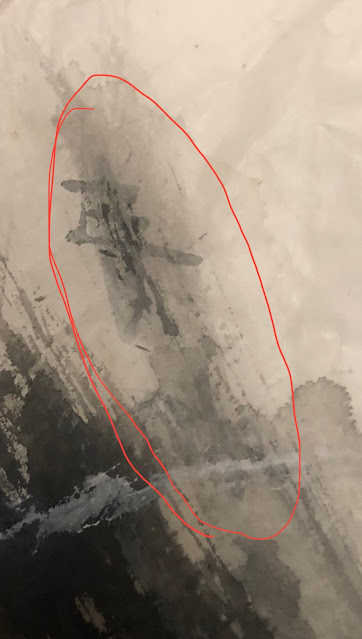I was granted a deeper understanding of Vive Ya.
On a recent trip I took to Nevada, our tour bus travelled through an area of Oregon that was devastated by forest wild fire a year ago. The highway carved its way along a narrow river valley cradled by steep hills on both sides. I definitely understand now why people chose places like that to be their homesteads. So picturesque. Before the fire that is.
The steep hills adjacent to the highway meant the miles of charred and burnt timber that needed to be fallen had no place to fall. Thus the highway was reduced to one lane traffic with pilot cars leading the convoys of alternating come and go traffic, and the wait was up to 30 minutes at times. During these stops, I saw for the first time how extensive the inferno was, and was trying hard to play the game of make-believe; which escape route would I have chosen. The shoulders of the highway was transformed into make shift lumber mills, where the burnt timber was cut to length so they could fit on logging trucks, and all the scraps were turned into wood chips and piled on the side of the highways. The air was still rancid and veiled in smoke from new fires that were burning in other parts of Oregon. A burnt and abandoned fire-truck on the side of the highway was the ultimate testament to the ferocious fire; the whole scene was just like a doomsday movie set.
Yet in this charred out landscape, one could see new stick-frames of two by fours being erected, and concrete foundations being poured. Rebuilding has already started. Resiliency. A will to survive.
I didn't know this was just a prelude to the events to follow.
We reached Nevada and gambling was legal. One of the fellow passenger was having an upper hand at the slot machine one night in the hotel lobby and we told her in jest, "Quit while you're ahead. By the way, where is your hubby?"
"He wasn't feeling too good so he's resting in the room"
Next morning after boarding the tour bus, we were told that we would not be departing on time. One of the fellow passenger had passed away during the night and his widow now had to make the necessary arrangements. The lady who had luck with the slot machine lost her husband that night.
As it turned out, the couple was celebrating their 53rd wedding anniversary on this trip as the now widow announced through her quivering voice. " At least now my husband's in a happier place!" As one life cycle ends, another cycle begins... I surmised. She has to find new meanings for life.
Vive Ya!
Indeed my last blog was about not being afraid to change, I just happened to paraphrase Live Now.
While still thinking about my new way to "chuen" tree stands, I was having a video chat with my brother. For some reason he blurted out a phrase that I was not familiar with.
" 桃李無言 "
That translates to peach and pear say nothing.
He elucidated me that this was a verse from a famous Southern Song poet and statesman Xin Qiji (辛棄疾). The complete verse was "桃李無言 下自成蹊", which means " peach and pear trees need not say anything, but because of their flowers and fruits, beaten paths are formed under the trees from people frequenting them". As long as one is true, an audience will be granted. Such wisdom is sorely needed in today's society, where social media and infuencers relentlessly hype a buzz word or a cliche, trivializing everything in their paths. Perhaps I've witnessed one too many painting of a raised fist.
I found resonance in these eight words, so I incorporated them into my painting. True my painting was not about peach or pear trees, but nonetheless trails were built under trees because they provide shade and respite. If we insist on the literal interpretation of the words, then we've missed the boat entirely. I am not revealing the words by circling them and pointing them out. They shall remain enigmatic, sort of a challenge to locate them, even for myself. Suffice to say that they are right smack in the middle of the painting, becoming the texture of tree barks.
 |
If I am bound by the same woods, at least I get to enjoy the different lightings of these woods and muse at the significance, or lack of, through these transformations. Who knows, if I wander long enough I might carve out my own beaten paths.












